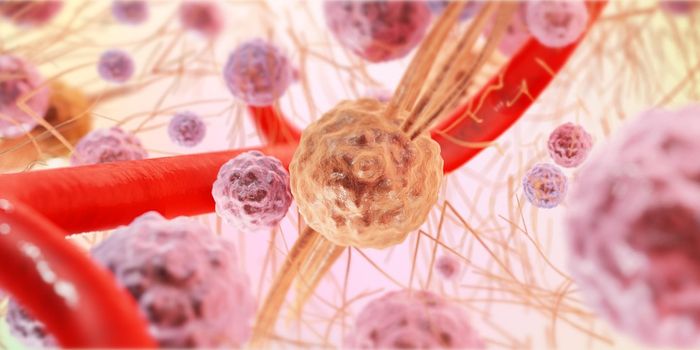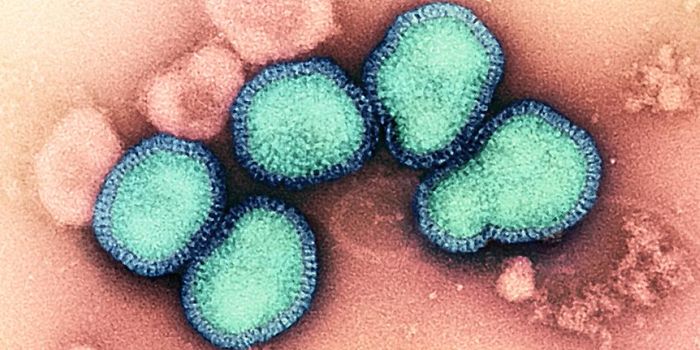The Hunt for Rare Immune Cells, to InfinityFlow and Beyond
The immune landscape is staggeringly complex, with a myriad of genetically and functionally distinct immune cell subpopulations. Researchers have developed a new tool called InfinityFlow to help them classify the identities of these cell subsets with greater precision using artificial intelligence.
White blood cells account for just 1 percent of all blood cells, but form a critical frontline against viruses, bacteria, parasites and other foreign invaders. Produced in the bone marrow, this heterogeneous mix of cell subtypes include monocytes, neutrophils, basophils, and eosinophils — each with their own highly specialized biology and role.
Immunophenotyping, the protocol used for identifying whilte blood cells, uses a standard “cluster of differentiation” (CD) nomenclature based on the presence of specific cell surface markers. For instance, T-lymphocytes are also known as CD4 cells, and can be distinguished from other white blood cells based on the expression of a CD4 receptor on their cell surface. With research advances, this CD marker library is expanding and immunologists are challenged with accurately assigning markers to immune cell subtypes that may bear only subtle differences in function and anatomical location.
Florent Ginhoux and his team from the Singapore Immunology Network (SIgN) have published a study in Immunology, describing a new method driven by artificial intelligence that characterizes immune cells with unprecedented accuracy based on a panel of 332 markers.
InfinityFlow has revealed the presence of rare immune cell subsets with important implications in autoimmune disease. The CD14 marker was previously thought to be unique to monocytes. However, InfinityFlow analysis has revealed that a tiny fraction of CD14-positive cells are not monocytes at all, but instead dendritic cells, tree-shaped cells known to promote inflammation.
These newly defined dendritic cells were found to contribute to the onset and progression of systemic lupus erythematosus, an autoimmune disease exacerbated by the pro-inflammatory molecules that dendritic cells secrete. InfinityFlow could potentially revolutionize research and drug development for diseases such as cancer, by more precisely profiling immune cells.
“From a clinical perspective, we may get to a point where we can pinpoint which immune cell is the ‘bad guy’ and develop drugs to kill or remove it,” said Ginhoux.
Sources: A*Star Research, Immunity.









